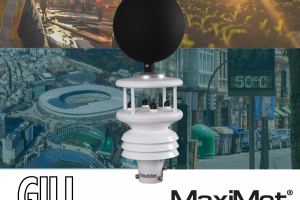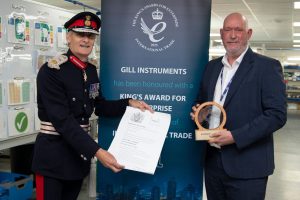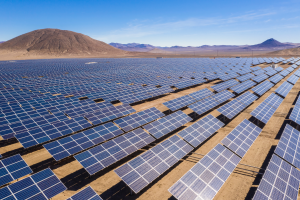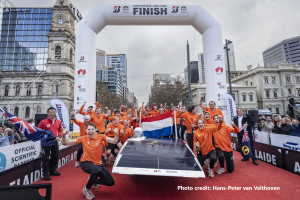We are proud to announce our support for the Brunel Solar Team in their pursuit of an eighth world title at the Bridgestone World Solar Challenge by providing them with our MaxiMet compact weather stations.
This prestigious event challenges teams to design and build a solar-powered car, racing across the Australian outback from Darwin to Adelaide, covering an arduous 3,000km journey that showcases cutting-edge innovation and sustainable mobility.
This year, the Challenge will take place in August, two months earlier than usual, during the Australian winter instead of spring. This time shift introduces new challenges: not only do teams now have less time to design, build, and test their cars, but they must also contend with unfamiliar weather conditions during the race. Compounding the difficulty, new race regulations now require cars to carry batteries three times smaller than in previous years.
This is where Gill MaxiMet GMX500 compact weather station will play a crucial role. Installed on the team’s Mission Control car, following closely behind Nuna 13, the GMX500 will collect critical environmental and performance data in real time. Thanks to its integrated GPS and compact design, the GMX500 is ideally suited for deployment on moving convoy vehicles.
With the GMX500, the team can validate and refine weather predictions on the go. Key meteorological parameters – such as ambient temperature, atmospheric pressure, wind speed and direction – will be delivered directly to the Brunel Solar Team, enabling them to optimise both race strategy and performance in real time.
“Where solar energy was once a promise, it is now a proven driver of progress. Despite having participated in this challenge 11 times and winning seven, this year the race brings two major challenges: the sun will be lower in the sky due to the winter season, and cars will be fitted with much smaller batteries than previous years. This means cars will receive less solar input” said Ruben Zuidgeest, chief strategist of the Brunel Solar Team.
“Having a good knowledge of weather conditions could make the difference between winning and not finishing at all. Throughout both the testing phase and the race, using MaxiMet real-time environmental monitoring will help the team verify forecasts and make data-driven decisions, crucial for determining how much energy Nuna 13 will need to succeed”.











